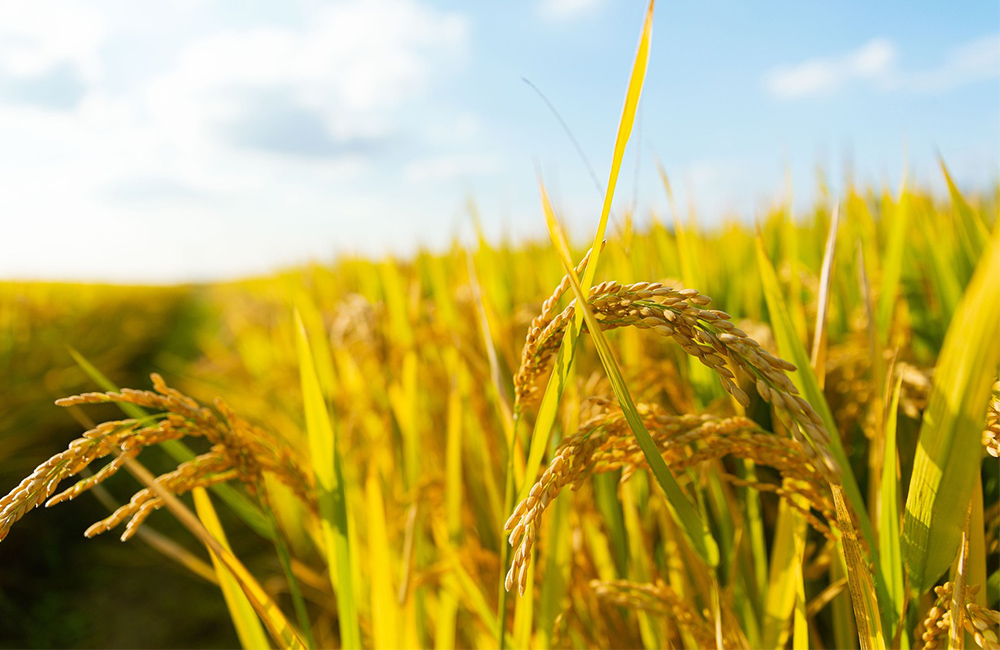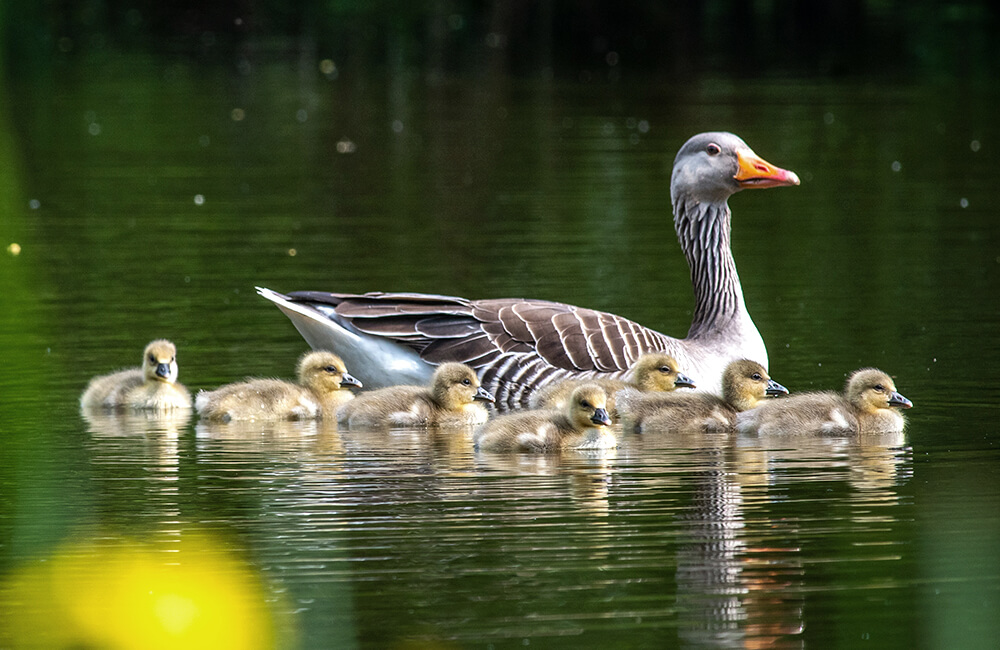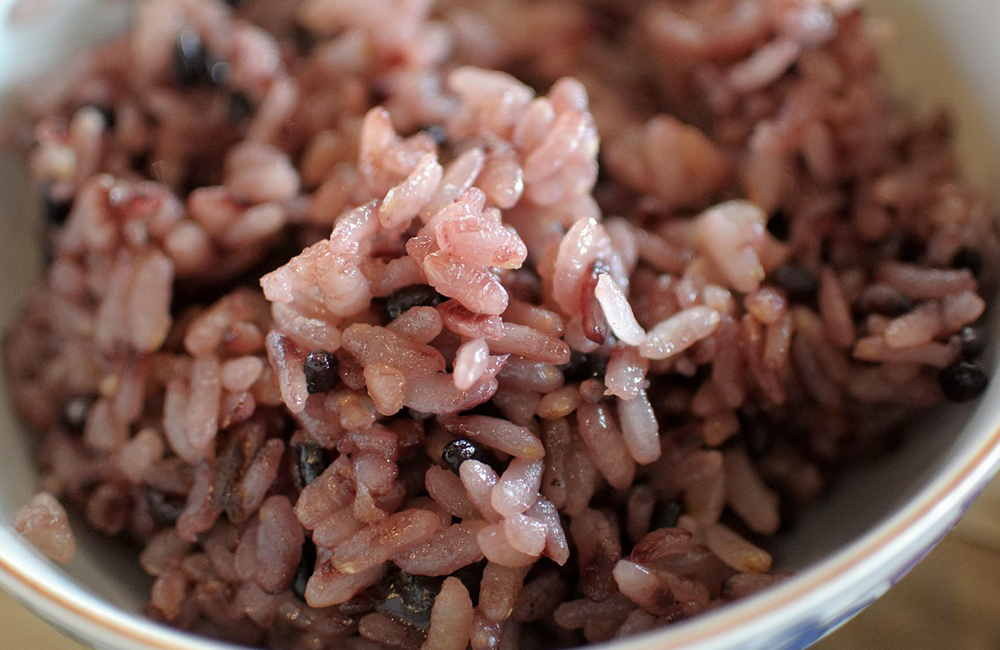You may have heard that rice is dangerous for birds. A popular myth suggests that uncooked rice swells in birds' stomachs and harms them. But is this really true? Let's get to the bottom of it!
Can birds eat rice?
Yes, birds can eat rice, both cooked and uncooked. In fact, rice is a nutritious food source that many wild birds, especially pigeons, sparrows, and blackbirds, enjoy.
In many parts of the world, particularly in agricultural regions where rice is grown, it is a natural part of their diet.


Is uncooked rice dangerous for birds?
The idea that uncooked rice swells in birds' stomachs and kills them is a common misconception. Scientific studies have shown that birds have highly efficient digestion. Their stomach, especially the gizzard, can easily break down hard seeds, grains, and even small stones. Therefore, rice poses no threat to them.


Which bird species eat rice?
Not all birds prefer rice. Here are some that commonly eat it:
- Pigeons and doves – They often feed on grains and seeds and gladly accept rice.
- Sparrows and finches – Cooked rice can be a great energy source for them.
- Blackbirds and thrushes – They prefer softer rice, especially cooked rice without seasoning.
- Waterfowl – Ducks and swans may eat rice occasionally but prefer natural aquatic plants and insects.
What type of rice is best for birds?
- Uncooked rice: Suitable for larger bird species like pigeons or pheasants.
- Cooked rice: Especially good as long as it is unseasoned. Salt and spices can be harmful to birds.
- Brown rice: A healthier option, as it contains more nutrients than white rice.


Conclusion: a myth debunked
There is no need to worry—rice is completely safe for birds! It can be a nutritious supplement to their natural diet if offered correctly. So, if you're considering feeding rice to birds in your garden or on your balcony, you can do so without concern.
Have you ever observed birds eating rice? Share your experiences with us!
